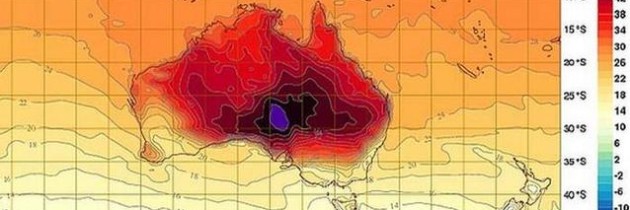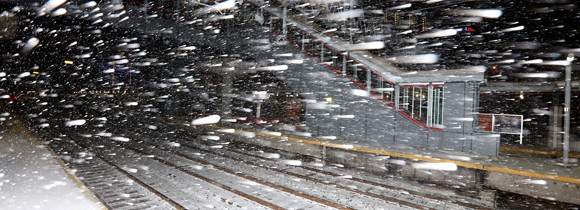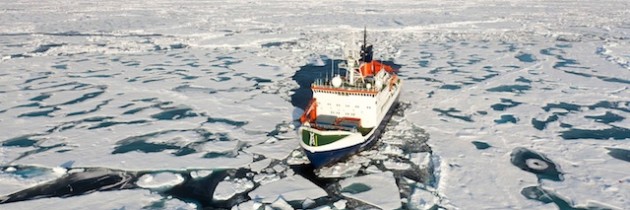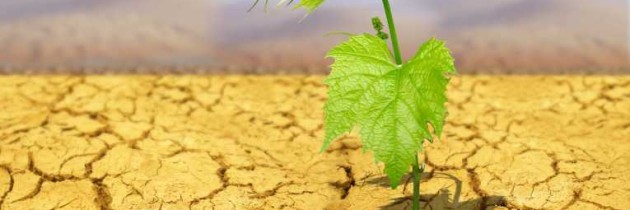Australian heatwave shows man-made climate change, scientists say
Southern Australia is caught in the grip of an extreme heatwave, which is fuelling hundreds of bush fires, causing power cuts and even prompting concerns about the safety of tennis players in the Australian Open, which is being staged in Melbourne. Scientists say these heatwaves are one of the clearest examples of man-made climate change beginning to stand out from natural climate variability.
Temperatures climbed above 40C in Melbourne on Wednesday for a second successive day forcing at least one more player to retire and prompting a debate about whether it is simply too hot to play tennis during the afternoon. The forecast for Thursday is 44C.







